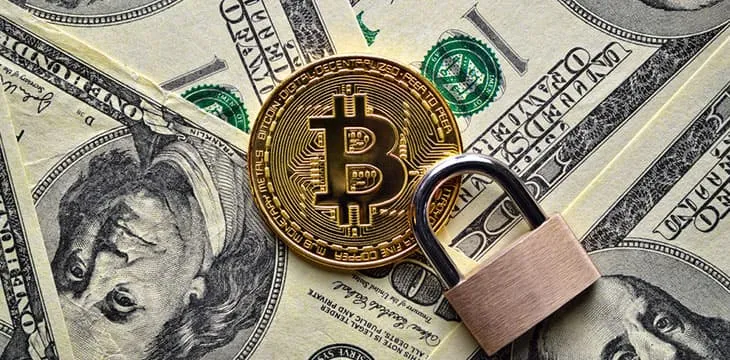|
Getting your Trinity Audio player ready...
|
Three U.S. lawmakers have submitted a bill to requesting that the Secretary of Commerce study blockchain for consumer protection.
Rep. Darren Soto (D-FL), Rep. Brett Guthrie (R-KY), and Rep. Doris Matsui (D-CA) introduced the bill on September 1, which the House of Representatives then sent to the Committee on Energy and Commerce for study.
According to the official filing, the bill is meant to “direct the Secretary of Commerce, in consultation with the Federal Trade Commission, to conduct a study and submit to Congress a report on the state of the blockchain technology and use in consumer protection, and for other purposes.”
What does this mean?
A draft of the bill titled, “the Advancing Blockchain Act” began circulating in late May and revealed that,
“Such study shall involve, among other things,
(1) listing industry sectors that develop and use blockchain technology and public-private partnerships focused on promoting the adoption and use of such technology,
(2) establishing a list of federal agencies asserting jurisdiction over such industry sectors and entities, and
(3) assessing risks and trends in the marketplace and supply chain of blockchain technology.
Commerce must report to Congress the results of such study and any recommendations to promote the adoption of blockchain technology.”
The bill tasks the Secretary of Commerce with conducting a formal study on blockchain in the United States. At the end of their study, it requires the Secretary of Commerce to make an effort to catalyze the adoption of blockchain technology in the country.
Why now?
The U.S. lawmakers may have proposed this bill to accelerate the research, development, and implementation of blockchain in the country. It is no secret that governments around the world are researching and developing blockchain and running pilots of their own.
When it comes to blockchain innovation, China is already preparing to launch their central bank digital currency the DC/EP. This move appears to be the U.S. lawmakers move to give the country a leg up and protect itself from the rules other governments and their industries are creating around blockchain. Because it’s just like the United States Digital Dollar project whitepaper says:
“Throughout history, the United States has been a leader in innovation and building structures for future generations. A new technological age is unfolding, allowing for digitization of things of value to become tokenized, programmable, and decentralized… We believe the United States should, and must, take a leadership role in this new wave of digital innovation… If not, is the United States willing to accept the values of its economic competitors imposed on the future of money?”

 07-13-2025
07-13-2025 





